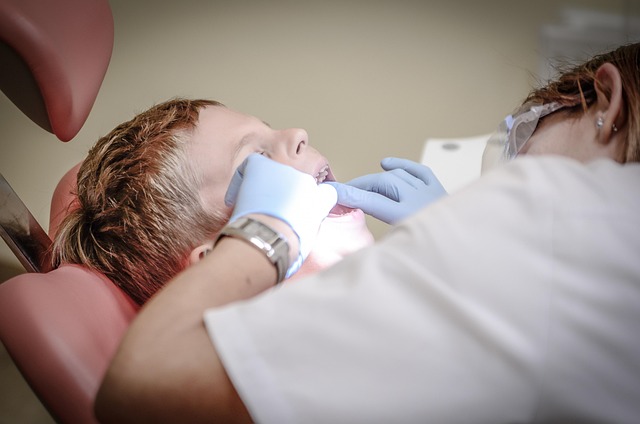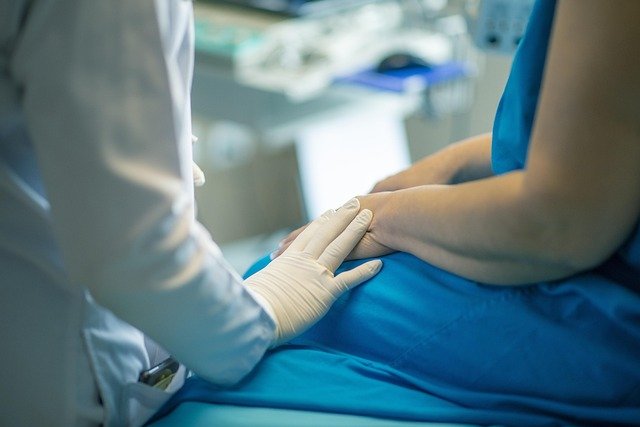Skip the Flight: Turkish Dental Expertise Now Closer to Home
Flying to Turkey for dental implants or full-arch restorations used to be the norm for many Europeans. But in 2025, the landscape of dental care in Europe is changing. Turkish-trained dentists and clinics are now opening practices in Germany, France, the Netherlands, and beyond, delivering the same advanced treatments locally. Patients are discovering that they can now access world-class care without crossing borders — saving money, gaining flexibility, and benefiting from stronger patient protections under EU healthcare regulations.

From Istanbul to Berlin: The Rise of Turkish Clinics in Europe
Turkish dental professionals have established a growing presence throughout European cities, from Berlin and Vienna to London and Amsterdam. This expansion reflects both the reputation Turkish dentistry has built internationally and the increasing demand for accessible, quality dental care in Europe. Many of these clinics are founded by dentists who trained in Turkey’s leading dental schools or gained experience in Istanbul’s renowned dental centers before establishing practices in European markets.
These European-based Turkish dental clinics often maintain the same treatment standards and protocols that made Turkish dental tourism popular. They typically offer modern equipment, digital imaging technology, and comprehensive treatment planning that mirrors what patients would find in Istanbul’s top dental facilities. The transition allows patients to benefit from Turkish dental expertise while remaining within familiar healthcare systems and regulatory frameworks.
Key Benefits of Staying Local
Choosing a Turkish-trained dentist closer to home offers several practical advantages over traveling to Turkey for treatment. Patients avoid the costs and logistics of international travel, including flights, accommodation, and time away from work or family responsibilities. Local treatment also eliminates the pressure of completing complex procedures within a vacation timeframe, allowing for proper healing periods and follow-up appointments.
Insurance considerations often favor local treatment as well. Many European insurance plans provide better coverage for domestic dental procedures compared to treatments received abroad. Patients also have easier access to their treatment records and can establish ongoing relationships with their dental providers for maintenance and future care needs.
Communication barriers are typically reduced when working with Turkish dental professionals who have established practices in European markets, as they often speak local languages fluently and understand regional healthcare expectations and regulations.
What Treatments Are Available
Turkish dental expertise encompasses a wide range of procedures, with dental implants being among the most sought-after treatments. European-based Turkish dental clinics typically offer single tooth implants, multiple implant procedures, and full mouth reconstructions using various implant systems. Many also provide All-on-4 and All-on-6 implant techniques that have become popular in Turkish dental centers.
Beyond implants, these clinics often specialize in cosmetic dentistry, including porcelain veneers, teeth whitening, and smile makeovers. Orthodontic treatments, including traditional braces and clear aligners, are commonly available. Many locations also offer general dentistry services such as crowns, bridges, root canal therapy, and preventive care, allowing patients to receive comprehensive treatment from familiar providers.
Advanced procedures like bone grafting, sinus lifts, and guided tissue regeneration are frequently available, reflecting the specialized training many Turkish dental professionals receive in oral surgery and implantology techniques.
| Treatment Type | Typical Provider | Estimated Cost Range (EUR) |
|---|---|---|
| Single Dental Implant | Turkish-trained clinic in Europe | €1,200 - €2,500 |
| All-on-4 Full Arch | European Turkish dental center | €8,000 - €15,000 |
| Porcelain Veneers (per tooth) | Turkish cosmetic dentist | €400 - €800 |
| Crown and Bridge Work | Turkish general dentist | €500 - €1,200 |
Prices, rates, or cost estimates mentioned in this article are based on the latest available information but may change over time. Independent research is advised before making financial decisions.
Quality Standards and Credentials
Turkish dental professionals practicing in Europe must meet local licensing requirements and regulatory standards, which often involve credential verification and additional certification processes. This regulatory oversight provides patients with confidence that their chosen provider meets both Turkish training standards and European practice requirements.
Many Turkish dental clinics in Europe maintain accreditations from international dental organizations and follow protocols established by European dental associations. Treatment facilities typically comply with local health and safety regulations while incorporating treatment approaches and technologies that reflect Turkish dental innovation.
The combination of Turkish dental education, which emphasizes both theoretical knowledge and extensive practical training, with European regulatory standards creates a practice environment that prioritizes patient safety and treatment quality. Many providers also participate in continuing education programs that keep them current with both Turkish dental developments and European treatment protocols.
Turkish dental expertise has successfully expanded beyond Istanbul to serve European patients who value quality care without international travel requirements. This geographic expansion allows patients to access proven treatment methods, experienced practitioners, and comprehensive dental services while maintaining the convenience and familiarity of local healthcare systems. Whether seeking dental implants, cosmetic procedures, or general dental care, patients can now benefit from Turkish dental training and expertise in major European cities, combining the best aspects of Turkish dental tourism with the practical advantages of staying closer to home.
This article is for informational purposes only and should not be considered medical advice. Please consult a qualified healthcare professional for personalized guidance and treatment.




